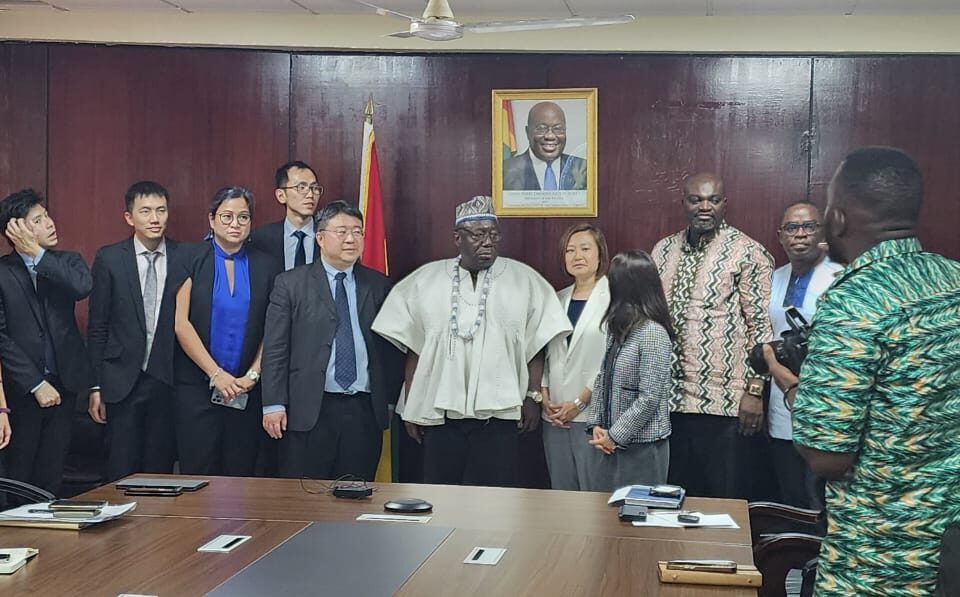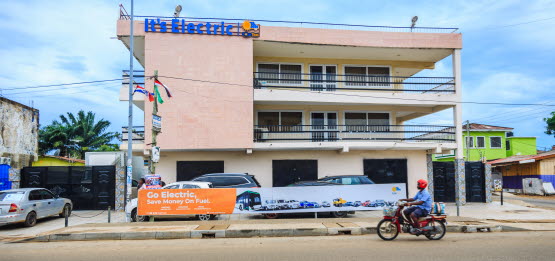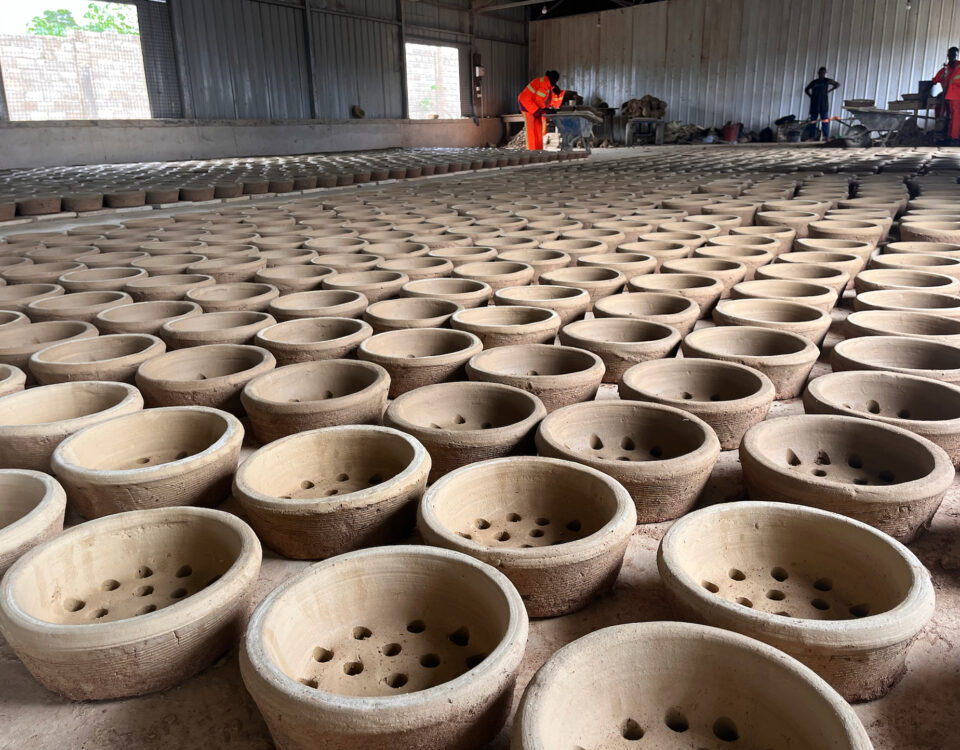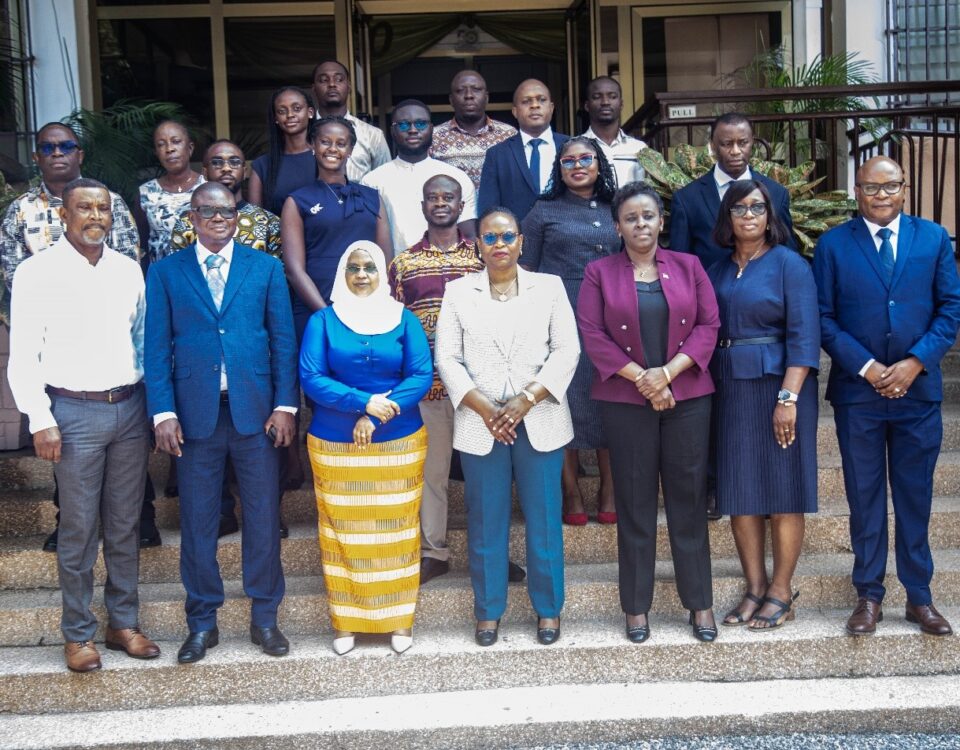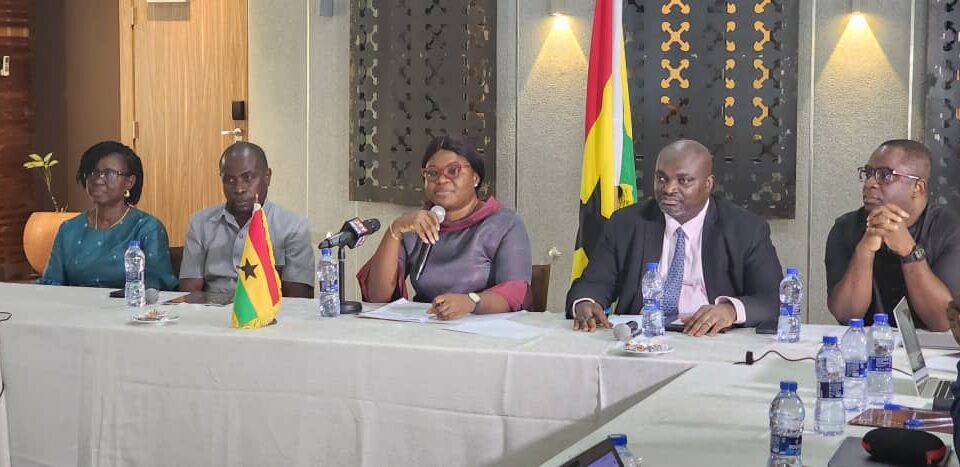Kick-start of carbon markets capacity building programme for public and private sector stakeholders every quarter
Kick-start of carbon markets capacity building programme for public and private sector stakeholders from next quarter
Climate Change continues to be a pressing developmental problem worldwide and will require all countries on deck to ensure that emissions are reduced, and resilience is enhanced. The IPCC sixth Assessment report indicates that the global temperature has increased by 1.1oC compared to the 1990 levels and it is envisaged that this may further increase to 1.5oC if countries do not cut down their emissions.
The Paris Agreements has therefore been signed by 196 countries to ensure that emissions are reduced. The Paris Agreement has broad policy tools including the nationally determined contributions (NDCs) that frames the collective efforts by Parties to maintain the global temperature to well below 2oC of preferably 1.5oC compared to pre-industrial era.
The UNEP Emissions gap Report and the UNFCCC NDC synthesis reports highlights that there is deficit in the first NDCs submitted by countries. This called for Parties to enhance their NDC ambitions as per the Glasgow Climate Pact.
Based on the above, Ghana submitted its updated NDC (47 climate actions) to the UNFCCC in November 2021 just as other parties to the Paris Agreement. The actions have 34 of them being mitigation actions of which 25 of them is to be used for carbon market transactions (Article 6.2 of the Paris Agreement) to bridge the mitigation ambition gap and to mobilize carbon finance to support the NDC implementation.
To effectively operationalize Article 6.2, Ghana has been involved in the following concrete measures:
(a) creating bilateral cooperative approaches
(b) establishing national arrangement under Article 6
(c) establishing digital infrastructure for tracking (issuance, transfer and use of ITMOs)
(d) mitigation activity sourcing and development
(e) national system for reporting
(f) Capacity building Programme
In engaging in the Article 6.2 cooperative approaches with Switzerland, Singapore, Sweden, and South Korea, there is the need to conduct a comprehensive capacity building amongst institutions as well as the private sector. It will be challenging without capable institutions and the involvement of the private sector to be able to cooperate with these countries.
In this vein a capacity building programme has been developed and it seeks to;
- Sensitise key stakeholders on the global and national policy requirements as spelt out in Article 6.2 Guidance, Article 6.4 Rules, Modalities and Procedures, Article 6.2 Bilateral Agreements and the National Article 6.2 framework for compliance, voluntary market and international carbon transfer.
- Identify and discuss investments and activity development opportunities for local and international businesses and the available prospect for project support.
- Discuss concrete options for developing carbon credit projections covering screening of green project ideas, project feasibility and development, project financing, Monitoring services and MRV Standard (offset programme and methodologies), Government regulatory steps, Conditions of carbon credit buyers, carbon registry services, Fees and Settlements etc.
- Create the platform for the participant to learn from the experience shared by local and international project developers, project financiers, and carbon credit brokers involved in the international carbon offset markets and international carbon transfer.
- Explore the option of establishing Ghana’s carbon readiness community of practice as the platform for critical support to project actors and a knowledge hub for the carbon market ecosystem.
The capacity building programme is to be run for the next six months subject to the availability of funds.
The Carbon Market Office of the EPA has engaged a number of private sector companies and the business associations to whip their interest in the programme as the office awaits funding for implementation.




